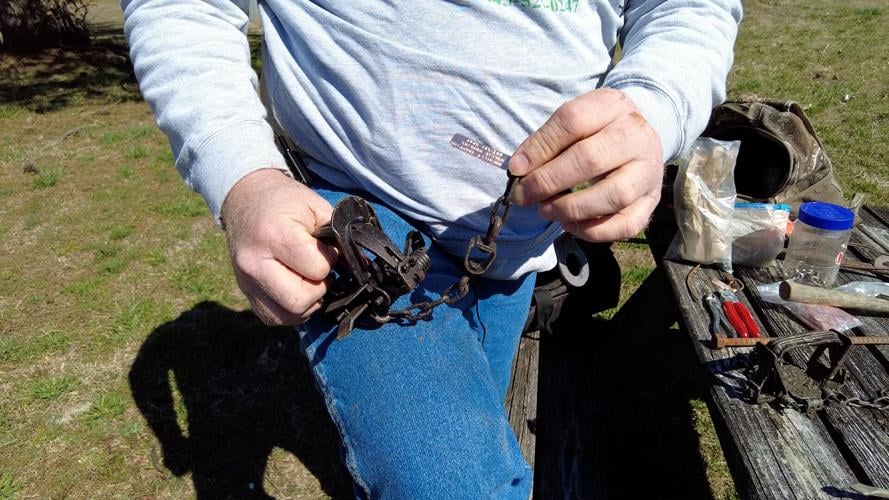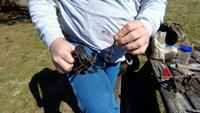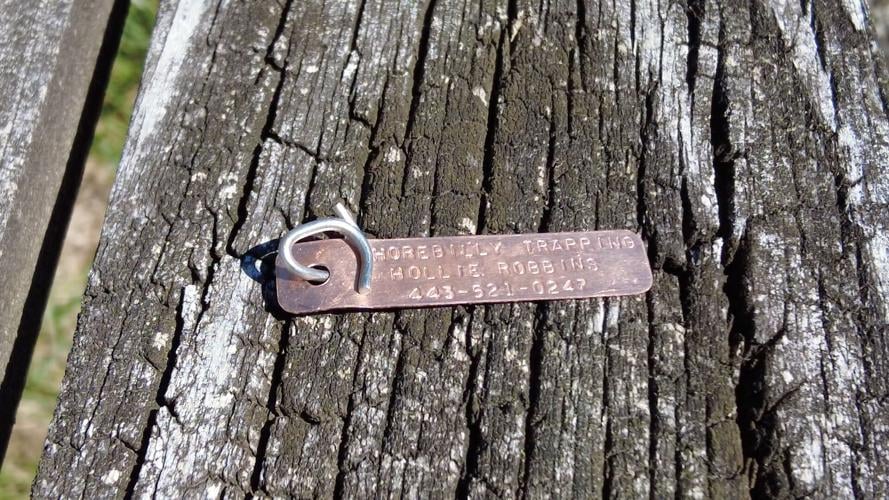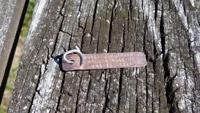MARYLAND -- Lawmakers in Annapolis are debating a pair of bills that would require identification on traps used to catch animals. If something happens at a trap, the goal is Maryland's Department of Natural Resources would be able to easily locate the owner.
While DNR said the goal of this legislation is to increase accountability, others feel this could hurt what they call a dying tradition. Trappers say the days of trapping for fun and to keep nuisance animals in check, are dwindling.
It's why Jamie Wink, owner of Wink's Sporting Goods, thinks this legislation would deter people from using traps.
"It's something that needs to continue and they should be making it easier on trappers and recruiting more trappers rather than making it harder on them," said Wink.
The bill would require all traps and snares, or other equipment used for trapping, to be marked with an ID tag. DNR provided WBOC with a statement, saying they are in full support of the bill and the goal is to "assist in field investigations concerning trapping activities."
Traps placed on private land by the land owner would be exempt.
Hollie Robbins runs his own trapping business, and because of that, he is required to have tags on all of his traps. But for people who trap for fun, he does think a requirement for ID's could be a deterrent.
"A little bit, they got to spend money for nothing," said Robbins.
Robbins said a poor market for fur could also play a factor.
"Right now, furs are worth nothing, and what that is doing is nobody's trapping, nobody wants to trap," said Robbins. "Because it used to be fun, and it used to be money."
Both Wink and Robbins also credit the increasing price of metal for being something that would make this legislation difficult for leisure trappers.
"They went up $8.00 just because they're metal," said Robbins about the ID tags he just bought. "I ordered 150 so I almost spent $100 on them, so that takes up money that I earned."
"Depending on how many traps you run, the price of metal has gone up, I mean copper tags aren't cheap," said Wink.
Robbins also said putting ID tags on every single trap can be a daunting task.
"You got to get crimping tools, you got to get hog rings, you got to buy the tags, it takes time to do all this," said Robbins. "If you got 150 traps, that's 150 tags you got to sit down and do."
However, outside of costing more money, and a possibly painstaking task of putting ID's on all of your traps, Robbins doesn't think overall, this will impact the trapping industry.
"Shouldn't be any, it's just going to be complaints, it's going to be complaints of trappers saying the governments trying to get more control, DNR wants more control," said Robbins.
There is still plenty of discussion left to be had amongst lawmakers before any final votes are tallied. If this legislation is passed, it will go into effect on July 1st, 2023.




